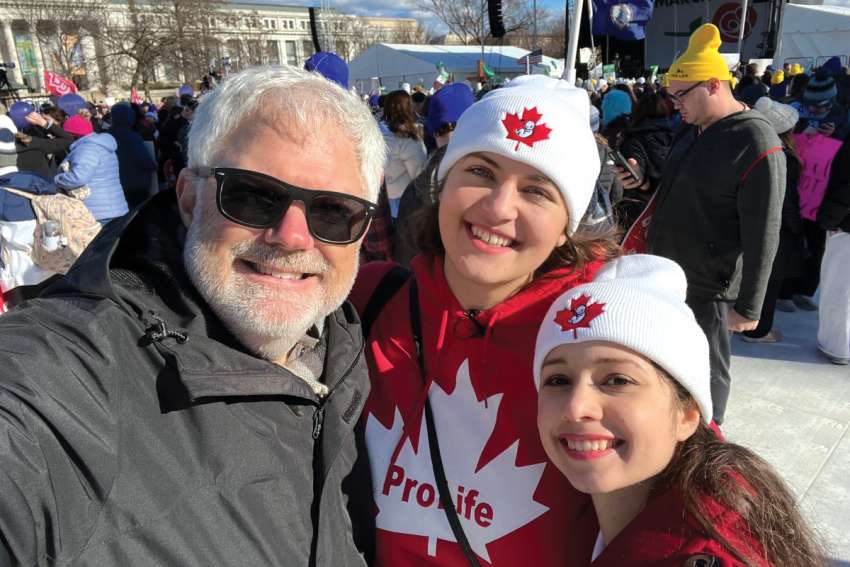Nonsense from la belle province? Sadly, no. Increasingly, its reality in Canada and around the world.
Recently, the German High Court ruled that people have the right to commit suicide and to receive assistance in doing it. A “self-determined death” is now a fundamental freedom there.
In the Netherlands, lawmakers have discussed the Completed Life bill, which would open up euthanasia to people for existential reasons (such as being tired of life). People are asking for the law because of loneliness and a lack of meaning.
In our documentary, Fatal Flaws: Legalizing Assisted Death, (DunnMedia / Euthanasia Prevention Coalition) I interviewed a 29-year-old Dutch woman named Aurelia, who was living with psychiatric issues. She said she was fighting for her “right to die,” despite doctors saying she did not qualify for euthanasia under Dutch law.
“If someone were to give me the lethal drink right now,” she told me, “I would drink it right away. I hope it tastes like Coca-Cola.”
I asked if she would reconsider if there were a cure for her illness or if she had the support she needed. She said her situation was hopeless: death was her only option. Within a year, the End of Life Clinic, an independent clinic that “specializes in euthanasia,” gave Aurelia the answer she wanted. She was euthanized by a doctor just weeks after my second interview with her.
Even though she likely had never seen the movie, perhaps Aurelia hoped her death might be as pleasurable as the one character Sol experienced in the classic dystopian film Soylent Green: all beautiful videos and music. Instead, she had to take anti-nausea medication before consuming her own cocktail of deadly drugs so her body wouldn’t reject them in an attempt to live. I carry her story with me everywhere I speak about this issue.
In Soylent Green, euthanasia is available to anyone who feels their life isn’t worth living. While Sol is in line at the euthanasia clinic, he’s surrounded by the elderly and people with disabilities. While the process is voluntary, one can easily see the subtle obligation to “apply” for assisted suicide if life becomes too difficult or if health care becomes too expensive.
How prophetic. Today the main reasons people ask for euthanasia are fear of future suffering, fear of losing autonomy or fear of becoming a burden. And when only 30 per cent of Canadians have access to quality palliative care, euthanasia may seem like the only option.
Audiences in the 1970s thought Sol’s assisted suicide was eerie and disturbing. Would the reaction be the same today?
Well, when hospices stand their ground and won’t euthanize patients for religious or ethical reasons, as B.C.’s Delta Hospice Society did, they lose government funding. A court ruling has cost Ontario doctors who disagree with euthanasia their conscience rights. “Do or refer,” they are told, or “find another practise.” Hospitals have their own “MAiD teams.” Rural residents can call mobile units to do the deed.
In some provinces, euthanasia has increased by 50 per cent in one year alone. Since 2016, over 31,000 people have used the medical system to end their lives prematurely.
Bill C-7 proposed a two-track euthanasia process whereby a person who is not terminally ill has a 90-day waiting period, while the previous 10-day waiting period for people who are terminally ill is waived. Some people could be euthanized on the day of their request. It also permits ending the lives of people who cannot consent at the time they are euthanized.
With the “foreseeable death” condition now removed, people with disabilities (who already face rampant discrimination in our society) are at serious risk.
While much of Soylent Green remains sci-fi, Sol Robinson’s assisted suicide scene is inching closer to reality in our hyper-individualistic culture.
We must press the stop button on these laws before we decide — or someone decides on our behalf — that our lives are no longer worth living.
(Kevin Dunn is a Canadian filmmaker and international speaker who can be reached at kevindunn.info)


